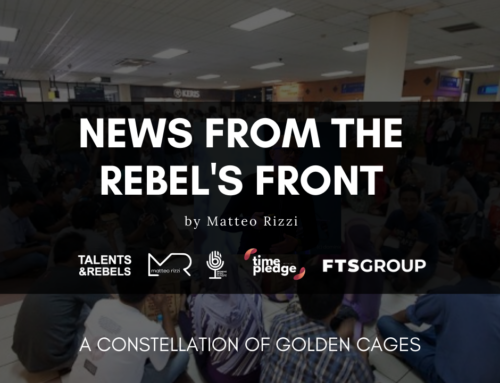Arrived super early from Abidjan from Brussels, it’s 5AM in the morning. I am advising an Insurtech company in Ivory Coast, and we had a workshop two days ago dedicated to the re-insurance space, with most of the relevant players of the country. I have been asked to do a keynote, and these are the points I got from my team to prepare it.
I ended up doing something completely different, and here’s the link. (more or less at 1h04min).
I have a “déjà vu” moment when it comes to Insurtech in Africa, despite the fact that culturally Insurance has a completely different meaning in this continent. The sensation that we are at the beginning of an immense revolution is tangible.
Few points below:
1) Insurtech is growing in Africa with new record rounds
Casava’s last 4M$ pre-seed round is a record for an African insurtech startup. The African market is still a blank sheet for the insurance sector as the penetration rate in the whole continent is 3% (1.12% excluding South Africa).
– Casava, provides insurance with an enjoyable experience powered by technology, behavioural science and empathy to help Africans thrive and prosper. Casava currently offers income protection and health insurance. 4M$ raised pre-seed
https://disrupt-africa.com/2022/02/02/nigerian-insurtech-startup-casava-secures-4m-pre-seed-funding/
2) Embedded insurance is going to grow (and Africa will follow shortly IMO)
– Insurance services are going to be more integrated into other products and services as proven by the growth of startups like Tint that raised 25M$ Series-A. Tint provides insurance services to companies that do not have insurance as their core business.
Selling in bundle non-financial services and insurance services is not a new invention (e.g. travel insurance with credit cards or flight ticket) but insurtech companies like Tint and Cover Genius are making easier to create those bundles allowing product and service providers to include insurance services. Some examples of bundles include travel (plane tickets, hotel, etc…) and travel insurance, smart phones and insurance against damage
– Cover Genius, founded in 2014, provides APIs to include insurance services in B2C propositions. 95.1M$ raised, last round in 2020 (about 70M$, 700M$ post-money valuation). Current customers include Skyscanner, Ryanair, Ola, AXS
– Tint, founded in 2018, provides APIs to include insurance services in B2C propositions. The key advantage is the AI-powered insurance scheme design technology that let customers to pay less compared to competitors. 28.8M$ raised, last round in feb 2022 (25M$). Current customers include Outdoorsy, Deel and Riders Shares
Specifically, in the Digital Bancassurance space, challenger banks are partnering with Insurtech startups like Qover, which is the insurance partner of Revolut and Monese.
3) Proactive risk mitigation plays a key role in this space
The growth of IoT will provide more connected devices that are the enabling technology for proactive risk mitigation. Ericsson forecasts 29 billion devices by the end of 2022. Companies like Hippo are in this market.
– Hippo, founded in 2015, offers a different kind of home insurance, built from the ground up to provide a new standard of care and protection for homeowners. Harnessing real-time data, smart home technology, and a growing suite of home services, creates the first integrated home protection platform. 1.3B$ raised pre-IPO
https://www.perle.com/articles/top-5-iot-trends-for-2022-40193316.shtml interesting link here.
This is a trend per se, will likely to take a different spin in the continent but data-based pricing will explode.
4) Re-Insurance space is even more unexplored, and – fact I clearly learned listening to the talks of this event – in desperate need for automation and digitization.
It’s a relatively new space for me, but is a process whereby one entity (the reinsurer) takes on all or part of the risk covered under a policy issued by an insurance company in consideration of a premium payment. In other words, it is a form of an insurance cover for insurance companies. It’s reasonable, right? For a very large claim payout, it’s a way to edge your risk by sharing both the premium and the sum to be disbursed. In the case of Ivory Coast, there is even a mandatory percentage of the insured sum that has to be edged.
The result: a spaghetti system, where everyone (reinsurance companies) is in relationship with mostly everyone else for up to 30% usually of the risk they take.
Fascinating, right?
Well, a company like Digitech helps Re-insurance companies to consolidate, streamline, distribute and collect all data related to re-insurance relationships. More on this on a dedicated post, this market is completely excel based and there are hundreds of millions of policies managed with excel, basically. Get in touch with Alexandre N’djore for more info!






